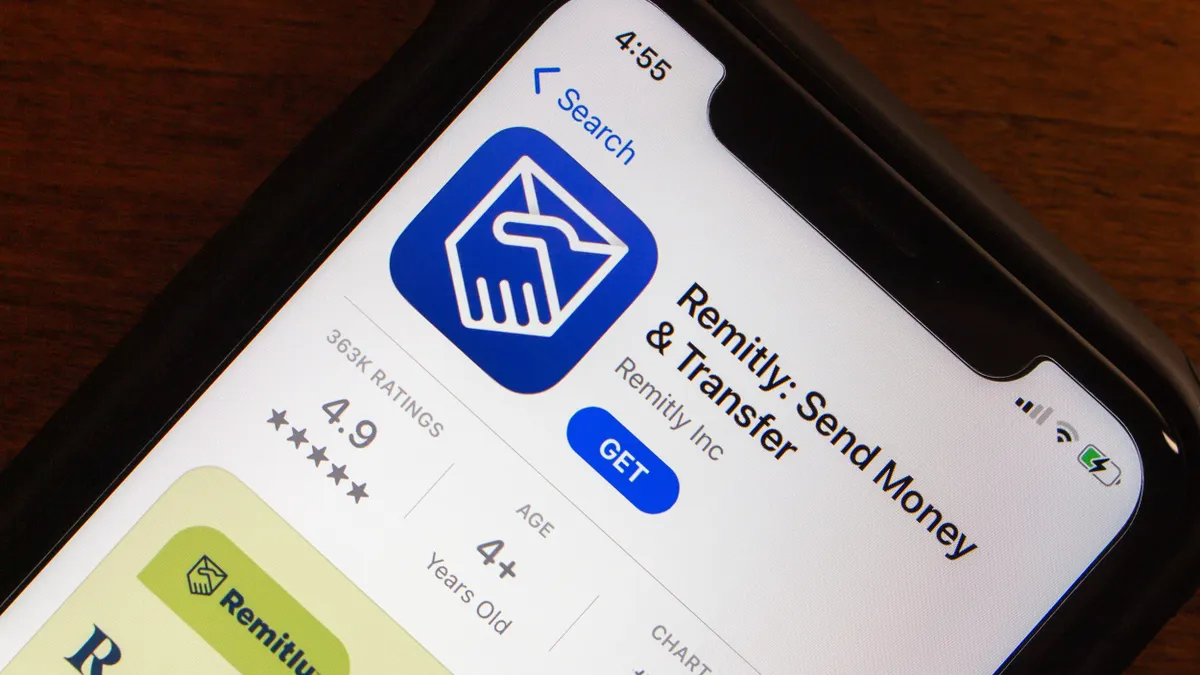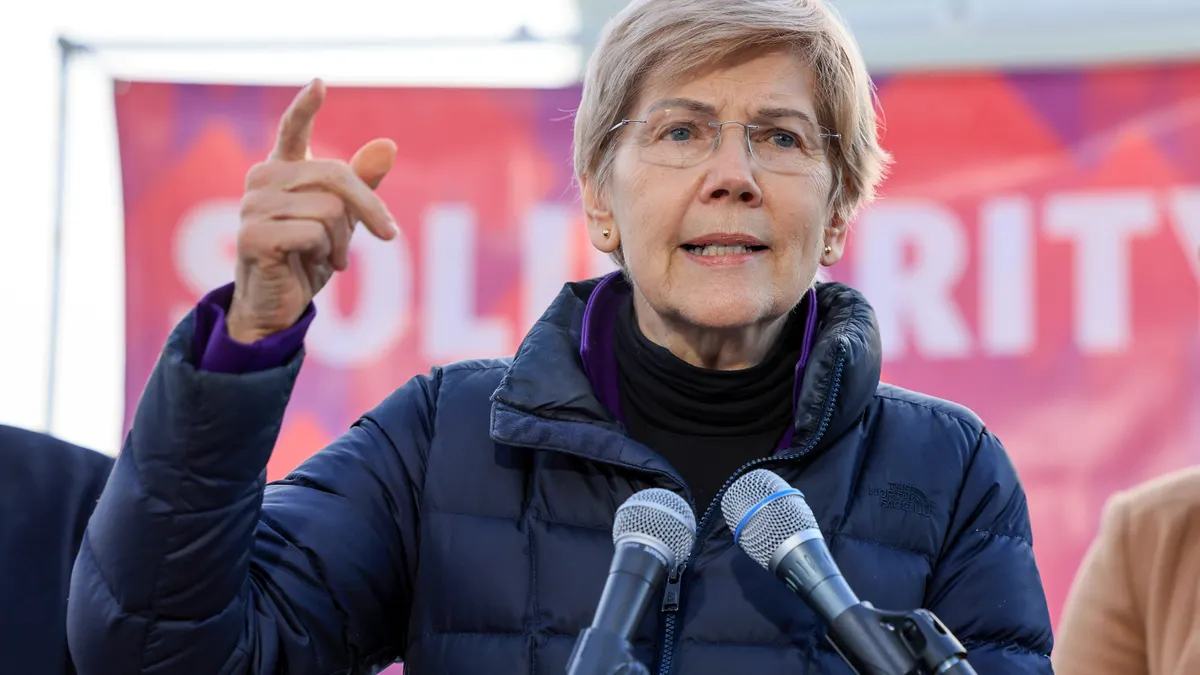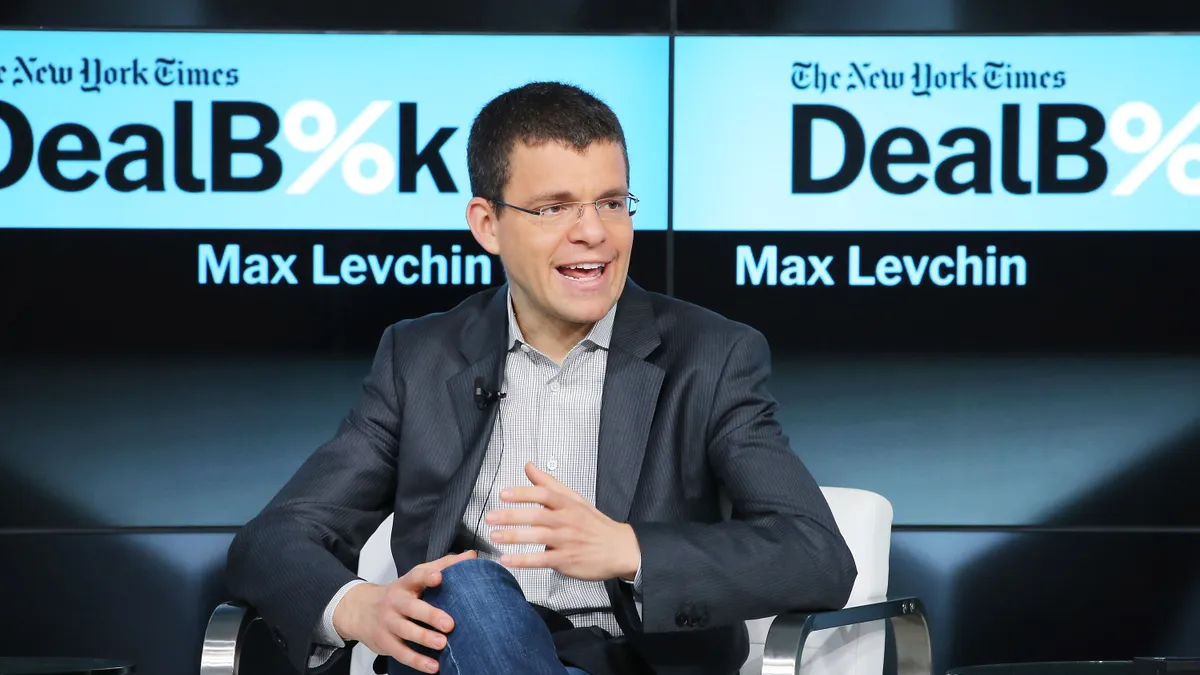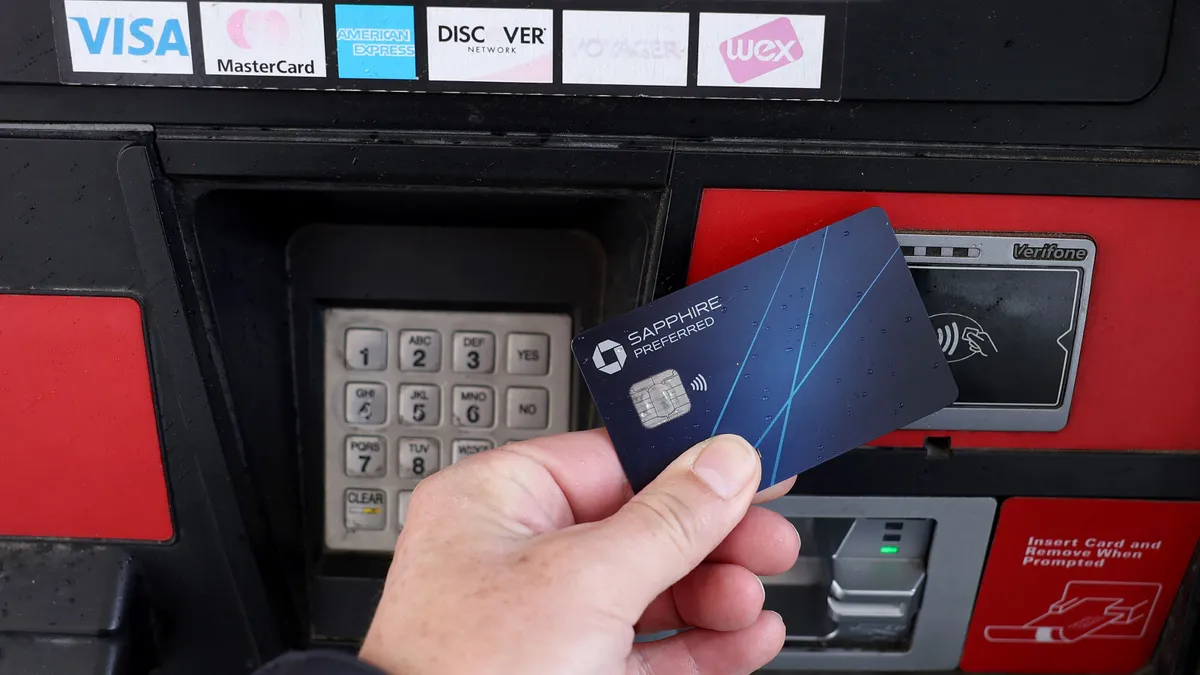Mastercard CEO Michael Miebach expects the open banking trend to keep gaining ground, and seems to prefer that over banks charging for consumer data.
The card network chief gave his view on the recent controversial practice of banks charging for consumer data Thursday after an analyst asked about it during the company’s second-quarter earnings call.
It has emerged as an issue after JPMorgan Chase said last month it would begin charging fintechs that seek to aggregate and use consumer data that JPMorgan Chase has collected. Other banks could follow suit as fintechs seek to amass data from many financial institutions.
The decision by JPMorgan, the largest U.S. bank, followed a pullback by the Trump administration on open banking, also known as open finance, which allows consumers to more easily shift their data between companies.
The administration reversed course by saying in May that it would scrap the open banking rule issued by the Consumer Financial Protection Bureau during the Biden administration. The rule was aimed at giving consumers more control over their data and a smoother path for switching from one financial services provider to another.
Last week, the administration softened its position on open banking rule, telling a federal judge overseeing litigation related to the opening banking rule that the agency would seek to revise the regulation.
In touching on the U.S. developments, Miebach noted open banking has taken hold in Europe and Australia, calling it an “important topic.”
“Our fundamental belief [is that] consumer consented data and their ability to share that is very important, and that will be a winning proposition over time,” he said
He also showed that he believes open banking is generally a positive phenomenon. “This whole idea that a consumer can use their data footprint to avail [themselves] of better services in the finance space…I think it’s a good notion and it generally resonates and will not go away,” Miebach said.
In 2020, Mastercard acquired data-sharing startup Finicity for $825 million to advance its ability to provide services related to the use of consumer data by fintechs, banks and other lenders. That’s particularly an advantage in an open banking environment that has given rise to fintechs competing to offer services, often via new customer apps. Banks have been keen to fend off competition from those nascent firms.
Mastercard, which ostensibly could be subject to paying banks for data, hasn’t engaged in conversations about such fees, Miebach suggested, noting the company will monitor the situation. He also emphasized that banks, which issue cards, are critical partners for the company.
“We don't really have full visibility here on what is being specifically considered by a number of banks,” Miebach said during the call, referring to banks as “fantastic partners of ours.”
“Various economic considerations are out there that are being discussed in the [news] coverage that will have to be figured out, but it's not something that we have been engaged in at this point.”
On a related front, Miebach pointed to the rising importance of safeguarding such data with cybersecurity tools, including artificial intelligence defenses, as fraud threats mount.
“We've also been incredibly focused on leveraging our data to drive better engagement solutions for our customers,” Miebach said. “So, if you think in a more digital world your cyber risks will go up, that's why cybersecurity is at the focus of what we're doing.”
Last year, Mastercard also made a big acquisition on the cybersecurity front, buying Recorded Future for $2.65 billion.
“On the cybersecurity side, the stakes are getting higher and higher – the fraudsters are using the latest technology, using artificial intelligence – generative AI – to power their solutions,” Miebach explained. “On the cybersecurity side, we're doing exactly the same.”
Also during the call, Mastercard executives fielded questions about the impact on the company of bank card issuer Capital One shifting some debit card business from Mastercard to Discover Financial. Following Cap One’s completion of its acquisition of Discover in May, that conversion for card holders is happening now, but it will be a gradual process, said Mastercard Chief Financial Officer Sachin Mehra.
“We expect this year the net revenue impact to be minimal to our overall company's net revenues,” Mehra said. “The vast majority of the impact we expect to feel will be next year.”
Miebach noted that the company still expects to continue its credit card ties to Capital One.
With respect to its second-quarter results, Mastercard reported net income rose 14% to $3.7 billion for the quarter, over the year-earlier period, as revenue climbed 17% to $8.1 billion, according to a company presentation.






















